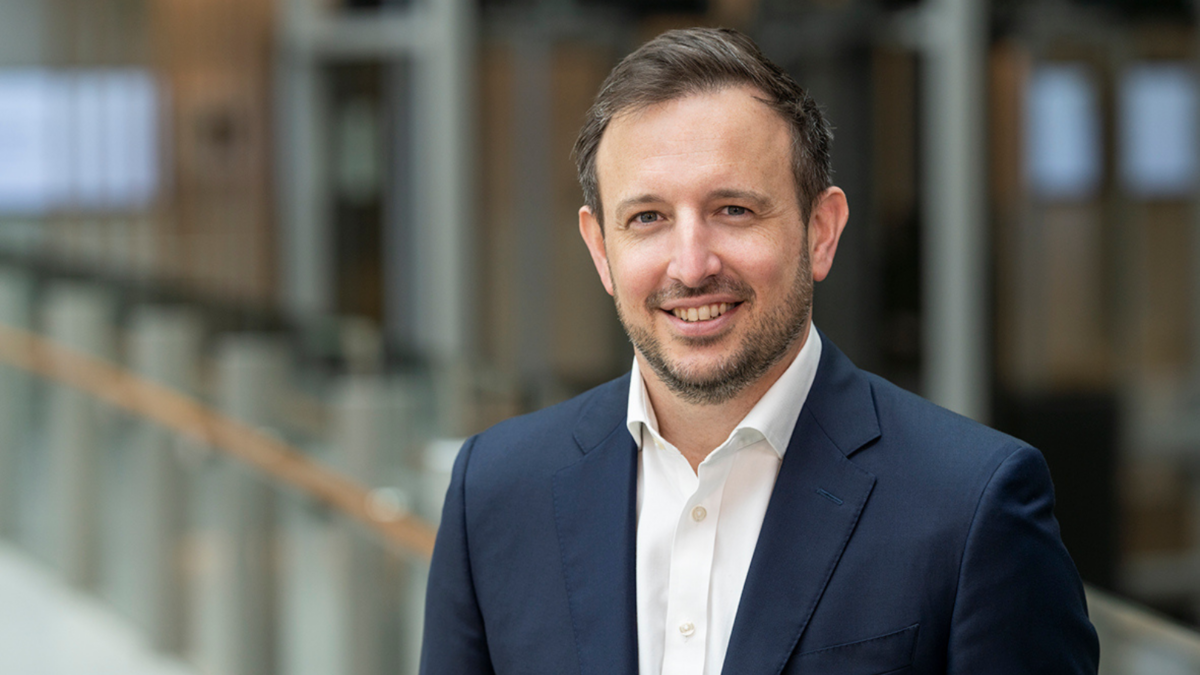‘A really clear signal’: TelstraSuper seeds new Apostle fund as carbon markets take off
Apostle’s new Global Carbon Credit fund aims to beat an internally developed global carbon benchmark by at least two per cent per annum (net of fees) and concentrates on five compliance markets – Europe, the UK, California, New Zealand and Australia. It arrives as carbon credit strategies are seeing burgeoning interest from the wider institutional investor set, and received seed funding from TelstraSuper.
“We’ve seen a lot of demand from institutional investors to participate in this market because it’s an emerging market; it’s a liquid alt, which is quite a unique offering in the fund space; and it also ticks a number of ESG boxes by helping to drive decarbonisation,” says Luke Donovan (pictured), partner for global carbon markets at Apostle.
“TelstraSuper has been integral to the development of the product, and they’ve demonstrated an entrepreneurial and innovative approach to products like this. Having a seed investor that we’ve worked with over the development of the product has helped us to soundboard a lot of different ideas.”
Apostle has a history of developing bespoke products for superannuation funds, including its People and Planet fund, which was tailor-made for Statewide Super and held hard exclusions around a range of industries – coal, tobacco, animal cruelty, and pornography, among others – while also investing in positive impact by allocating to sustainable options with a multi-manager approach. Carbon credit strategies in particular are “in their infancy as a product type” and difficult for super funds to build themselves.
“It’s really essential to have a couple of things,” Donovan says. “One of those is active management, to help you deal with the day-to-day high volatility of these markets. And in order to provide that active management you do need extensive experience in both financial markets and environmental markets. Because these markets are relatively new, the talent pool is pretty shallow. Getting the right personnel to execute that strategy is quite difficult.”
“I think the diversification that’s required across multiple jurisdictions is something that’s very difficult to replicate because you have to be over a number of different time zones and a number of different regulatory regimes associated with different markets.”
Donovan was previously CBA’s executive director for power and carbon markets. One of the bank’s main drivers in carbon markets was to encourage greater institutional participation and investment, but what became “really clear” to Donovan was that the infrastructure required to do that sat mostly outside the bank.
“Carbon markets – particularly the way our fund will trade them – are quite physical in nature,” Donovan says. “There’s a lot of operational requirements that go into trading carbon certificates; even the derivatives that are listed are physically delivered.”
“You’re required to have quite substantial custodial arrangements in order to take physical delivery, and a lot of large financial institutions have difficulty in segregating those assets and there’s issues with ownership and the ability to have custody of them when they sit inside something like a bank. When you get an institutional investor approaching this, a fund structure is much more applicable to the types of compliance and requirements they have when they’re looking to invest in the market.”
The fund arrives as the Albanese Government wins support for its revamp of the carbon safeguard mechanism – which regulates the emissions of Australia’s largest pollutive companies – from the Greens, a “huge vote of confidence” in carbon markets playing a key role in helping to achieve Australia’s emission reduction targets.
“It also provides a really clear signal to two groups in Australia,” Donovan says. “Investors in the carbon market see that we now have agreement on a way forward around structure and form the market will take. It also gives confidence to those facilities that are covered under the safeguard mechanism that they now have a clear price on carbon that enables them to make informed decisions on future projects.”











